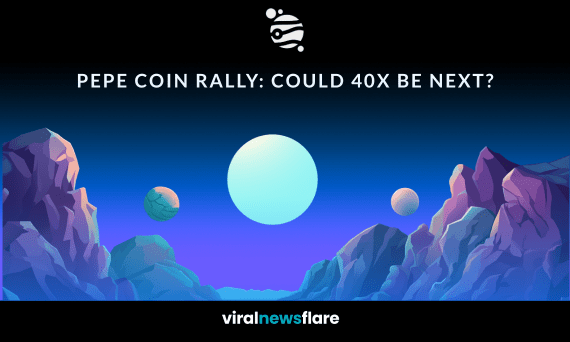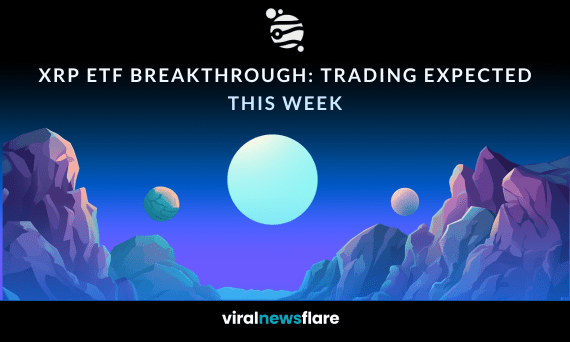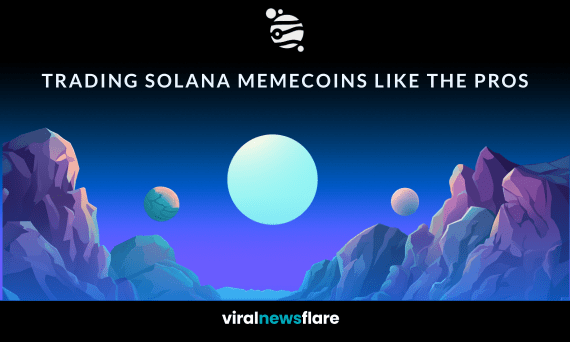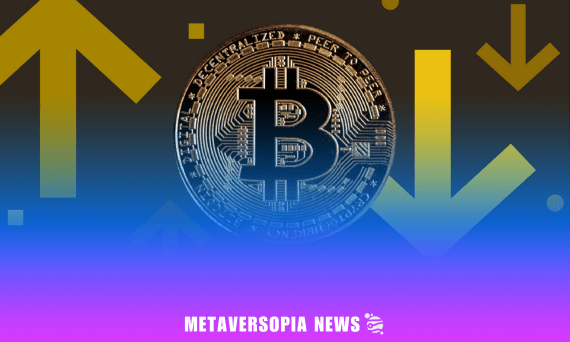
WLFI Tokens Frozen: Justin Sun vs World Liberty Finance
Crypto never fails to keep us on our toes. The latest storm centres on World Liberty Finance (WLFI) and the dramatic decision to freeze 3 billion WLFI tokens tied to Justin Sun. With political connections, investor outrage, and questions of decentralisation, this story has everything.
So, what really happened, and why does it matter? Let’s break it down.
The Freeze That Shook WLFI
On launch, WLFI was already making headlines. Backed by the Trump family, it promised to be a flagship decentralised project. Yet within days, things took a wild turn.
World Liberty Finance announced it had frozen 3 billion WLFI tokens linked to Justin Sun, the founder of Tron. That’s no small move. It included around 540 million unlocked tokens plus 2.4 billion locked tokens.
The official line? WLFI claimed these funds were being moved in a way that suggested dumping—selling off tokens to tank the price.
But was that really the case?
Justin Sun Hits Back
Sun wasn’t silent. He had invested heavily—$75 million, amassing nearly 3 billion WLFI tokens valued close to $900 million just last week. For him, this wasn’t pocket change.
When the freeze came, Sun immediately fired back. He labelled it a “violation of basic blockchain principles”, stressing that the transactions were only deposit tests, not active sell-offs.
He went further. Sun argued that investor rights had been ignored and said tokens should be treated as “sacred and inviolable”. It was a direct appeal to the crypto community’s belief in decentralisation and fairness.
Chaos in the Market
The freeze couldn’t have come at a worse time. WLFI had just burst onto exchanges with huge hype. On launch day, volumes surged past $1 billion in an hour, while prices bounced between $0.20 and $0.40.
Then came the collapse. The WLFI price dropped by more than 60% in its first week, shocking early traders. The freeze sparked a short rebound of around 12.5%, but confidence took a hit.
The controversy highlighted just how fragile early token economies can be. One decision, one rumour, or one freeze—and the entire market shakes.
Governance vs Decentralisation
This isn’t just about Justin Sun. It’s about the future of governance in DeFi.
WLFI was meant to embody decentralisation. Yet here we saw a central authority step in, freezing billions of tokens overnight. No community vote. No clear process. Just action.
That decision raised vital questions:
-
Can investors trust WLFI’s governance model?
-
What protections exist for smaller holders if a major investor can be sidelined?
-
Is WLFI truly decentralised, or is power still concentrated at the top?
The answers will shape how investors view the project moving forward.
The Political Layer
Of course, this story doesn’t stop with blockchain mechanics. It carries a heavy political flavour.
World Liberty Finance is Trump-backed. The Trump family controls a staggering 22.5 billion WLFI tokens, giving them enormous sway. Critics argue this is less about finance and more about influence.
Some analysts have even suggested WLFI could be a tool for consolidating wealth and power. The overlap between politics and crypto here is difficult to ignore.
When a project that markets itself as “decentralised” can be so closely tied to political families, alarm bells ring across the industry.
Justin Sun’s Reputation
It’s worth remembering that Justin Sun is no stranger to controversy. His leadership of Tron has often been marked by bold moves and big promises.
Sun’s critics say his quick accumulation of WLFI tokens looked suspicious, almost like a hostile takeover attempt. Supporters, however, argue that it showed confidence in the project.
Either way, this freeze has thrown his reputation back into the spotlight. Is he a misunderstood pioneer—or an opportunist trying to play the system?
Impact on WLFI Token Holders
For everyday investors, this mess is more than drama. It has very real consequences.
Many WLFI holders saw sharp losses as prices crashed. Some now worry that the freeze sets a dangerous precedent. If governance can sideline Justin Sun, what happens when smaller investors face disputes?
Trust is the bedrock of any financial ecosystem. Without it, token holders hesitate to stake, invest, or trade. WLFI must address these fears quickly if it wants to stabilise.
Regulatory Storm Clouds
This controversy also shines a spotlight on regulators.
Freezing billions in tokens, combined with WLFI’s political ties, is bound to attract attention. Authorities in the US and beyond will want to know:
-
Was the freeze legal under securities and financial law?
-
Did WLFI manipulate markets by blocking Sun’s tokens?
-
Could political connections influence future decision-making?
As governments continue wrestling with crypto regulation, this case may become a high-profile test.
What Happens Next?
The story isn’t over. In fact, it’s only just begun.
WLFI says it froze Sun’s tokens to protect the project from manipulation. Sun says it was an assault on investor rights.
In the short term, WLFI must prove it can recover trust. Its governance model needs clarity. Tokenholders need assurance that rules are applied fairly, not selectively.
In the long term, this case may reshape how people view decentralisation. If one project can freeze billions at will, what does decentralisation really mean?
Key Takeaways
-
World Liberty Finance froze 3 billion WLFI tokens linked to Justin Sun.
-
Sun denies wrongdoing and calls the move a betrayal of blockchain principles.
-
Prices crashed over 60%, with only a small rebound after the freeze.
-
Governance credibility is under fire, as centralisation fears rise.
-
Political ties add fuel to the debate, given the Trump family’s control.
-
Regulators are watching closely.
Final Thoughts
The WLFI token freeze is a watershed moment. It reveals just how blurred the lines are between decentralisation, governance, and politics.
Justin Sun may be the headline figure, but the real question is bigger: can DeFi truly escape centralised control?
For investors, the lesson is clear. Projects may market themselves as decentralised, but power often tells a different story.
















